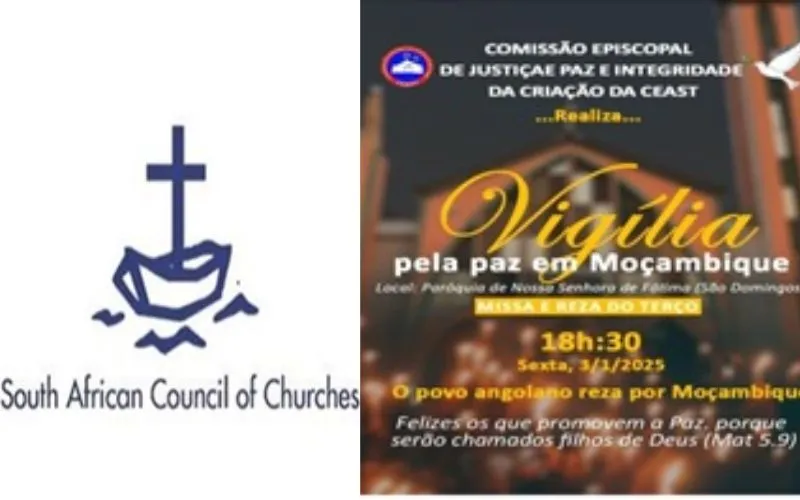Maputo, 05 January, 2025 / 9:54 pm (ACI Africa).
Members of the South African Council of Churches (SACC) are concerned about the deteriorating situation of Mozambique, where they warn that the ongoing post-election violence, if not stopped, can jeopardize the country’s “identity and fabric”.
In a statement following their virtual meeting with representatives of the Christian Council of Mozambique (CCM), SACC members refer to recent protests following the certification of the October 9 election results, which they say have plunged the nation into chaos, forcing many to forgo festive celebrations.
Members of the church entity that includes representatives of the Southern African Catholic Bishops Conference (SACBC) say the people of God in Mozambique are experiencing a “black Christmas” marked by violence and destruction.
“As the SACC, we acknowledge the state of extreme vulnerability that Mozambique is experiencing at a political, economic, security, and social level,” they say in their 31 December 2024 message shared with ACI Africa.
SACC members warn of far-reaching consequences, saying, “It is our belief that the very identity and fabric of Mozambique as a country is at risk of disintegration if no definitive steps are taken to arrest the current political stalemate, and return the country to a state of order and security.”





